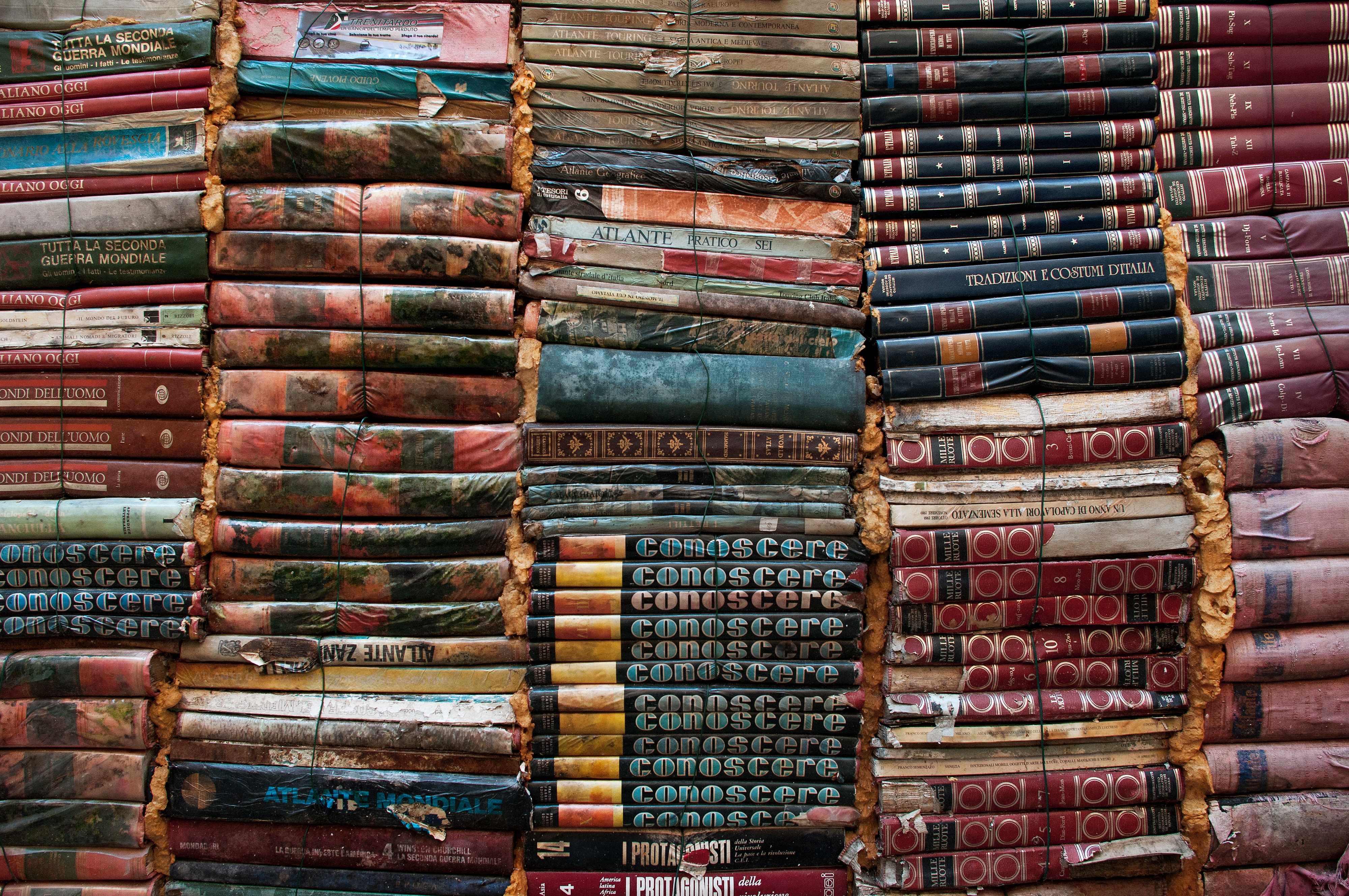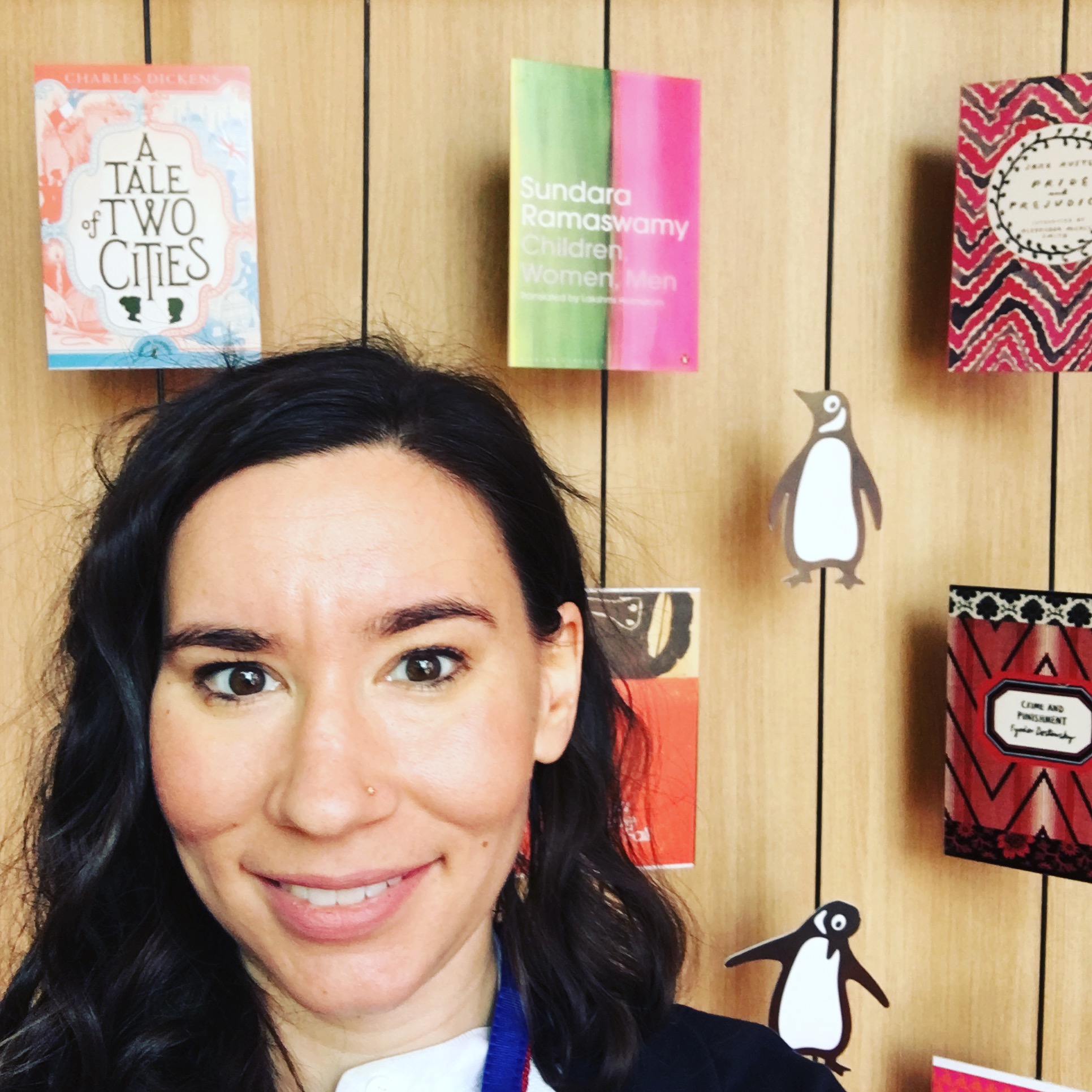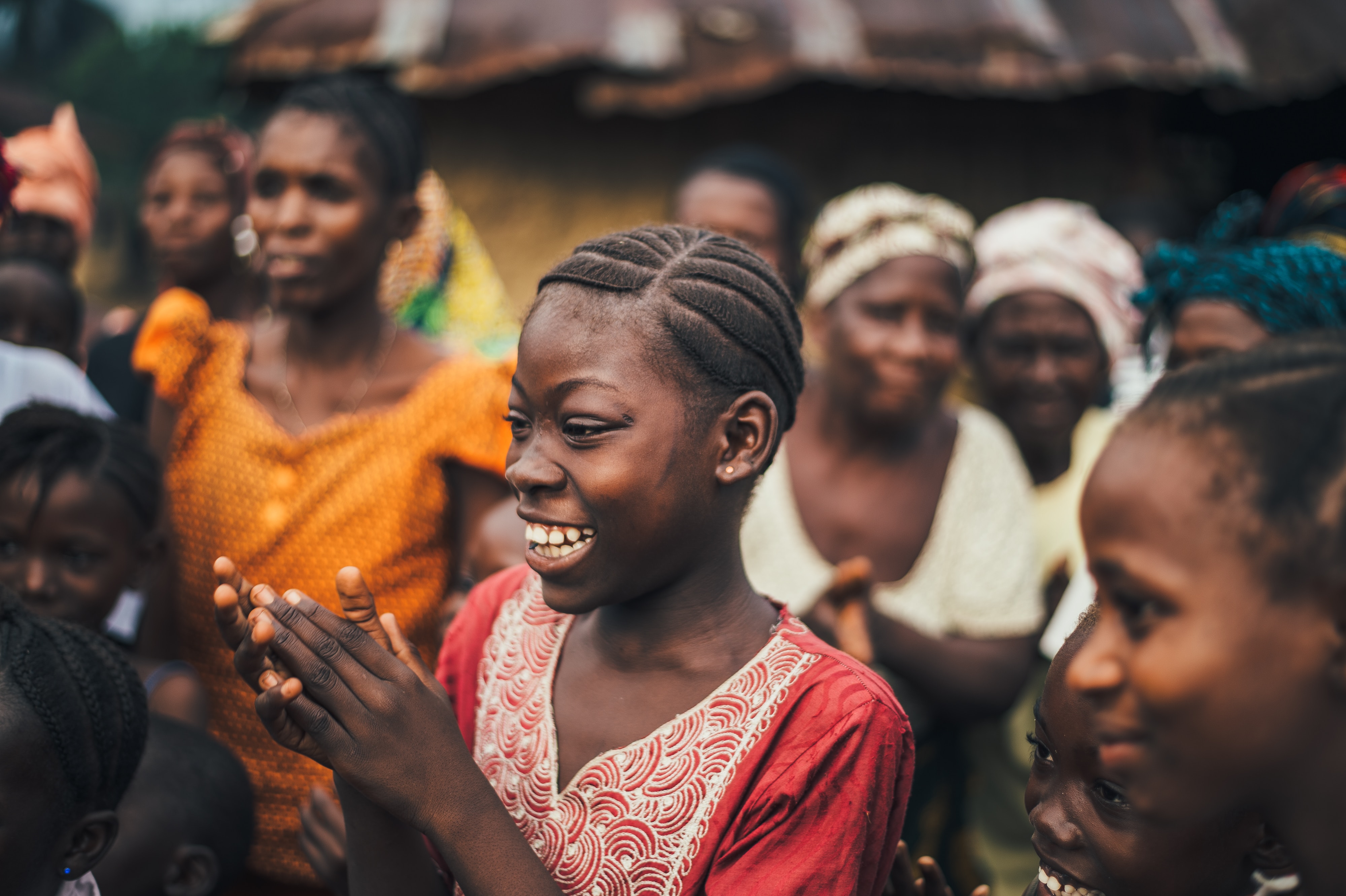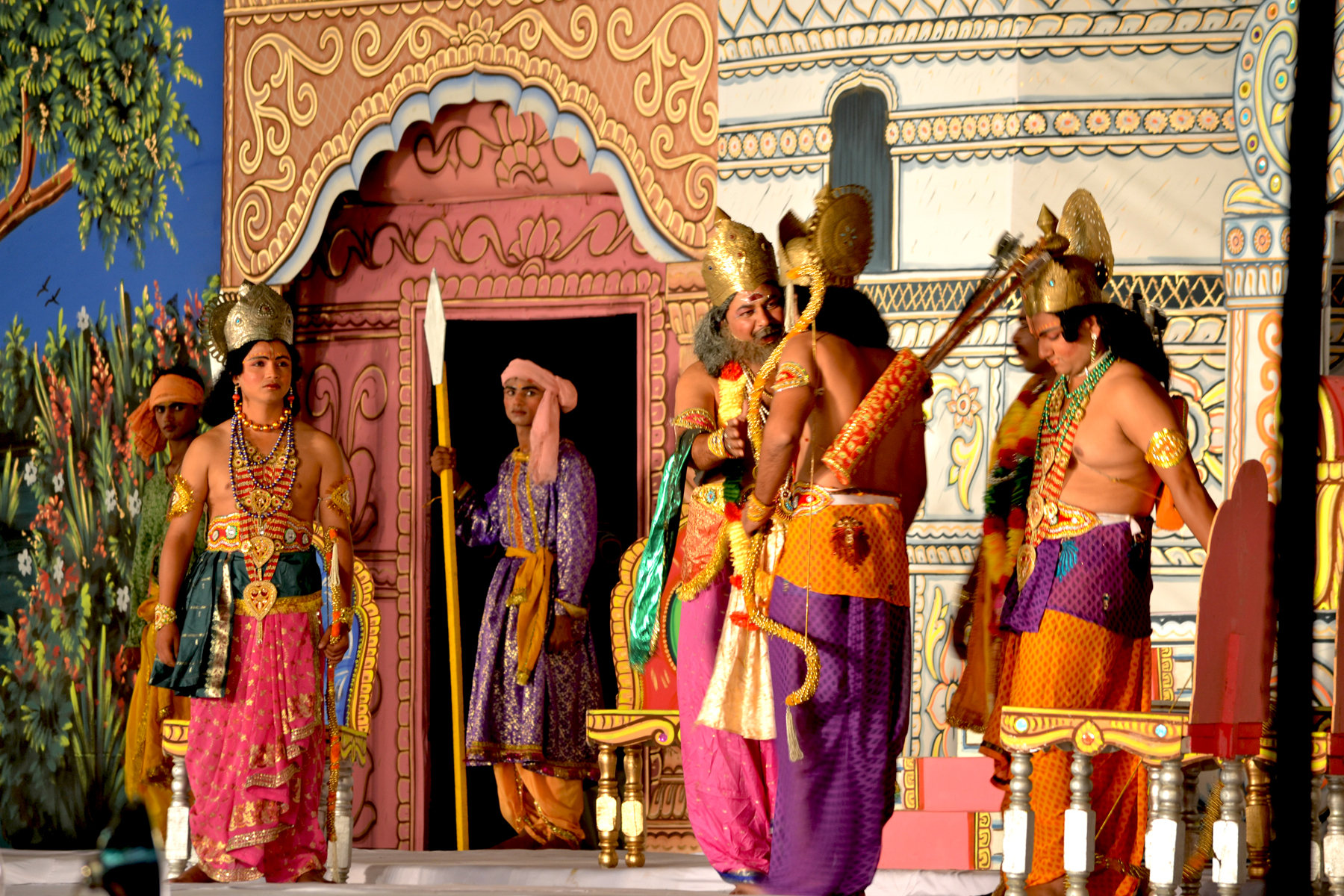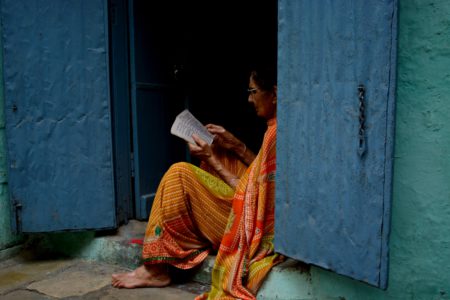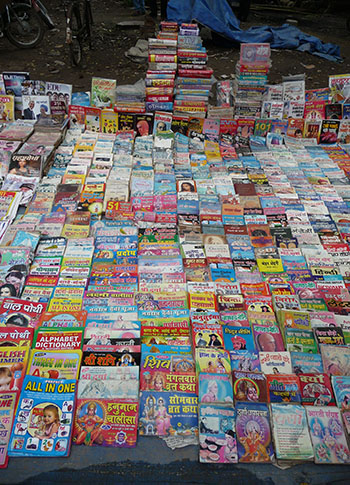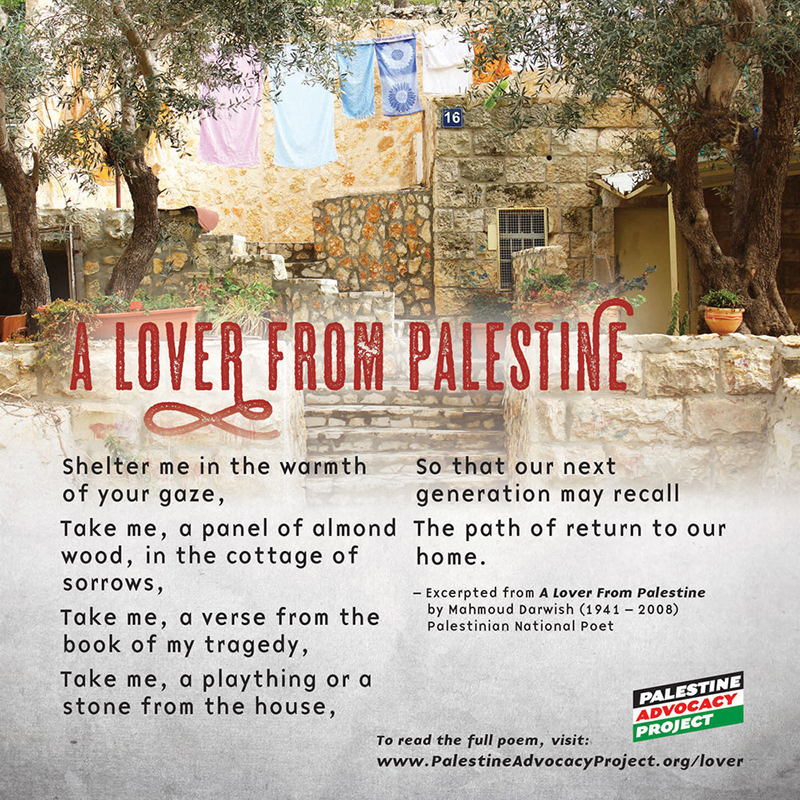What is world theory? Abdallah Laroui and the Language of Ideas
Hosam Aboul-Ela's work examines the point of connection between the literary and the social through the historicization of critical theory. He is the author of Other South: Faulkner, Coloniality, and the Mariátegui Tradition (U of Pittsburgh P, 2007) as well as Domestications: American Empire, Literary Culture, and the Postcolonial Lens (Northwestern, 2018). He has also translated Voices by Soleiman Fayyad


